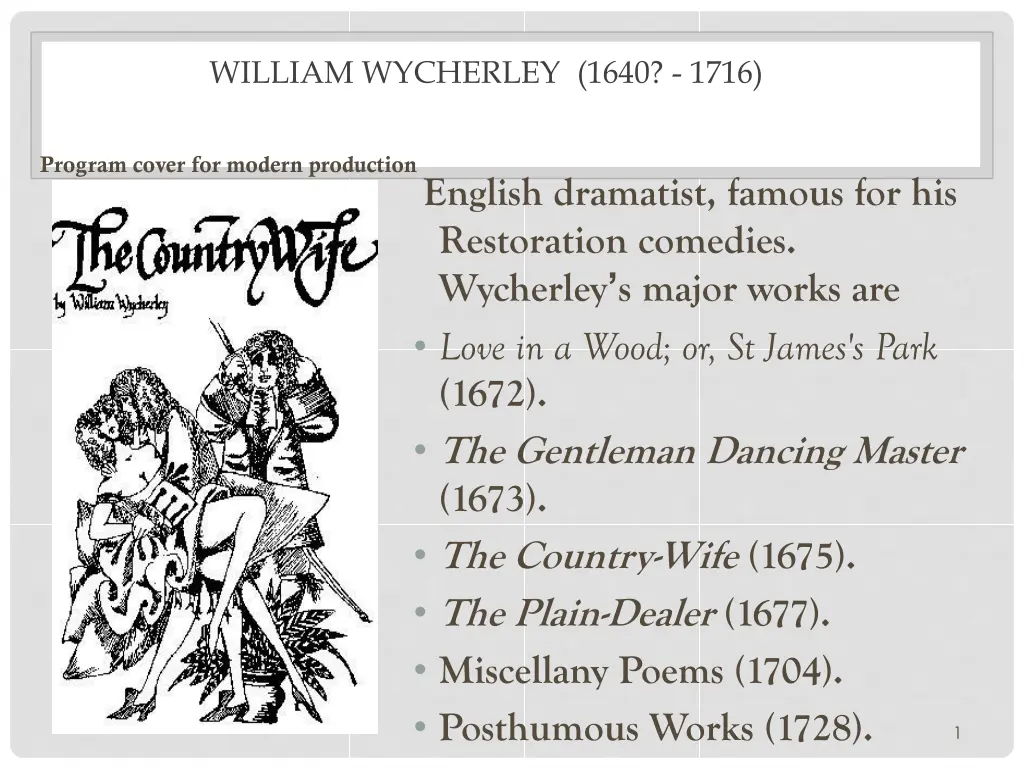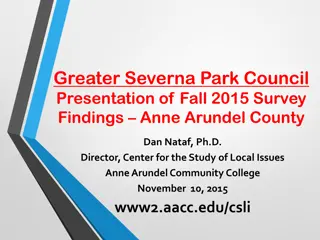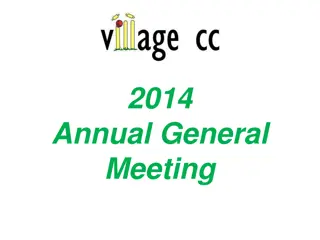
Exploring William Wycherley's Restoration Comedies
Delve into the world of English dramatist William Wycherley and his famous Restoration comedies like "The Country Wife" and "The Gentleman Dancing Master". Gain insights into the humor, wit, and satire prevalent in these plays, as well as the societal context of the Restoration era theaters. Discover the significance of character names and the art of wit in these comedic works.
Download Presentation

Please find below an Image/Link to download the presentation.
The content on the website is provided AS IS for your information and personal use only. It may not be sold, licensed, or shared on other websites without obtaining consent from the author. If you encounter any issues during the download, it is possible that the publisher has removed the file from their server.
You are allowed to download the files provided on this website for personal or commercial use, subject to the condition that they are used lawfully. All files are the property of their respective owners.
The content on the website is provided AS IS for your information and personal use only. It may not be sold, licensed, or shared on other websites without obtaining consent from the author.
E N D
Presentation Transcript
WILLIAM WYCHERLEY (1640? - 1716) Program cover for modern productionEnglish dramatist, famous for his Restoration comedies. Wycherley s major works are Love in a Wood; or, St James's Park (1672). The Gentleman Dancing Master (1673). The Country-Wife (1675). The Plain-Dealer (1677). Miscellany Poems (1704). Posthumous Works (1728). 1
THEATERS During the interregnum, theaters were closed. After the restoration, Charles II provided hereditary patents for the establishment of 2 theater companies. Women first appeared on the stage. And in TCC, what Horner calls a new unpracticed trick (I, I, 57). http://broadwayworld.com/article Ribald_Restoration_Comedy_The_Country_Wife_Plays_Jan_527_20061213 2
LOOKING AT THIS PLAY: INTERPRETING THE NAMES AS PART OF A COMIC-SATIRIC TRADITION Horner: Pinchwife: Sparkish: Fidget: Squeamish: What does the existence of such names tell us about the play? 3
THESE PLAYS ARE OFTEN CALLED WIT COMEDIES. Examples of wit The form of wit statements is often A is like B, extension. [M]istresses are like books. If you pore upon them too much, they doze you and make you unfit for company; but if used discreetly, you are the fitter for conversation by em (I, i, 214 ff.). A mask! No; a woman masked, like a covered dish, gives a man curiosity and appetite, when it may be, uncovered, twould turn his stomach; no, no (III, i, 108 ff.). The force of wit
WIT (CONT.) Wit vs. judgment Wit lying most in the assemblage of Ideas, and putting those together with quickness and variety, wherein can be found any resemblance or congruity, thereby to make up pleasant pictures, and agreeable Visions in the Fancy: Judgment, on the contrary, lies quite on the other side, in separating carefully, one from another, Ideas, wherein can be found the least difference, thereby to avoid being mislead by Similitude, and by affinity to take one thing for another (John Locke, Essay, II, xi, 2). What is wit?"Repartee is a fencing term used to describe witty verbal conflict, in which people strive to outdo each other in wit, or twist an opponent's words to their own ends."(See UVic Literary Terms.) 5
EXAMPLES OF CLOSE READING Observation - So what? - So what? Observation: Characters compare sex to eating. Evidence for Observation: Horner to Pinchwife re: Marjorie: Why if she be ill favored, there will be less danger here for you than by leaving her in the country; we have such variety of dainties that we are seldom hungry. Dorilant adds: "[B]ut they have always coarse, constant, swingeing stomachs in the country" (I, i, 374ff. ). 6
So what? (So what? is the basis for an inference.) The play views sex reductively--as a physical appetite. Further so what? The comparison is in one sense reductive merely by being naturalistic (sex is as routine and as necessary as eating), but it's also reductive in a specifically gendered way--women are usually the food. Using this inference to draw in other details of the play: Margery Pinchwife says that when she thinks of her husband she gets into a cold sweat inclinations to vomit (IV,iv, 5). and has 7
So what? "You might tell" is not usually regarded as an obscenity. Like the men, these women want to convey a meaning without actually saying it). But unlike the men, they seem not to have access to wit. So what? Both the virtuous gang and the wits talk about sex. But they talk about sex in a significantly different way. (NB: Alithea is witty--but not nearly as witty as some Restoration women characters are. Wit remains a mostly male skill in this play, but in some plays, e.g., Man of Mode, the principal woman excels at it.) 8






















